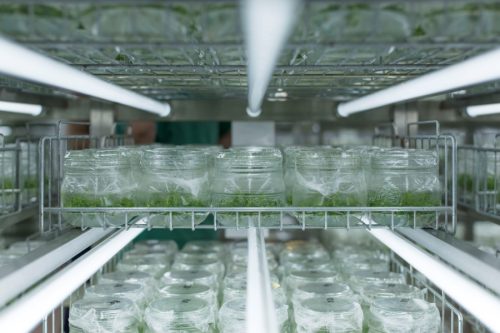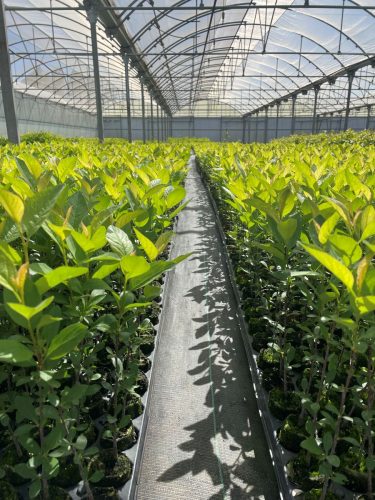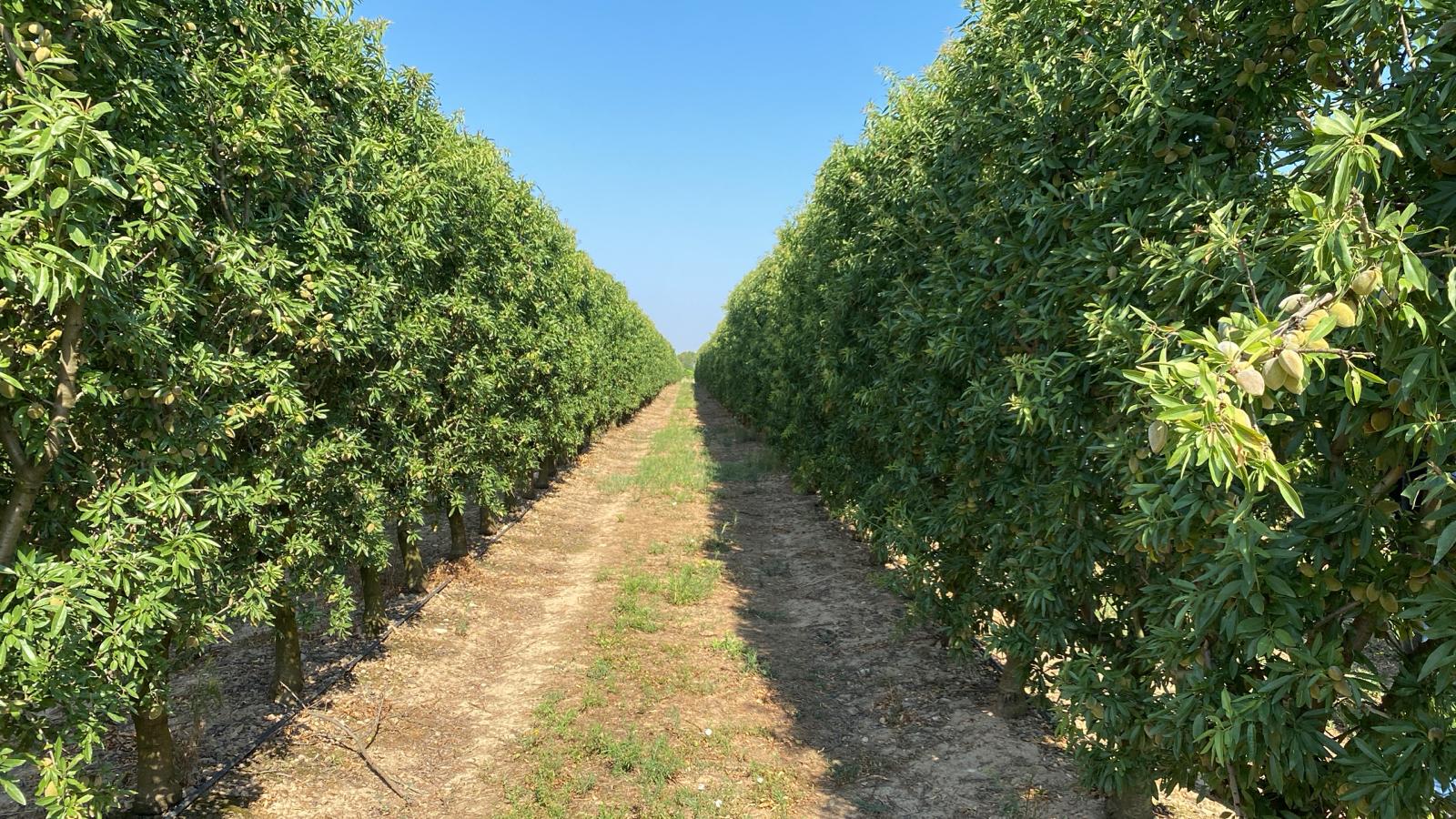Keys to Producing Quality Plants for Chilean and Global Fruit Growing
The quality of a plant is the first step toward the success of any agricultural project
In a nursery, ensuring that quality requires rigorous phytosanitary and genetic care, along with certification processes that guarantee both plant health and varietal authenticity.
During the production process, every stage in the nursery requires strict monitoring and care. From a phytosanitary perspective, it is essential that the plant be free of diseases to secure orchard productivity. At the same time, it is crucial to ensure that the genetic material truly matches the variety purchased by the grower.
Although the success of an agricultural project depends on multiple factors, starting with healthy material of the correct variety provides growers with a decisive advantage for achieving sustainable orchard development and higher productivity. “When a customer has access to healthy, true-to-type, and uniform plants, it ensures better establishment, improved yields, and longer orchard life,” explains Leonel Gutiérrez, Production Manager at Agromillora Sur.
Additionally, certified plants reduce the risk of pests and diseases from the start, which translates into lower management costs and more profitable harvests for the grower.
The Journey of a Plant in the Nursery
It all begins in Agromillora Sur’s germplasm bank, where mother plants are maintained. These undergo rigorous genetic and phytosanitary testing to ensure they are free of pests of economic importance and meet the required varietal identity. “From here begins the production process that ensures everything we propagate is identical to the plant in the germplasm bank,” says Gutiérrez. From these mother plants, introductions are made into the in-vitro laboratory, where new lines are established to multiply the number of required units.
This process includes periodic testing: in spring, phytosanitary inspections of mother plants; in autumn, reviews of in-vitro lines; and varietal verification throughout the mother plant’s productive life. “Each year we carry out these analyses to guarantee that our plants meet the highest standards,” notes Pilar González, Quality Analyst at Agromillora Sur.

SAG Certification: A Seal of Trust
The constant threat of agricultural pests makes plant certification essential for protecting the country’s phytosanitary status.
The Plant Nursery Certification Program implemented by SAG focuses on plant certification. Nurseries, such as Agromillora, can join the program. “Not all varieties may be certified, which is why the label distinguishing this certified material from standard stock—blue in color—is so important. The program’s main goal is to ensure propagation material meets minimum phytosanitary standards established in Nursery and Deposits Resolution 981, as part of SAG’s inspection framework. Building on that baseline, certification programs define quality-related pests that are detailed in each specific regulation. In addition, plant certification aims to ensure varietal authenticity through field checks or molecular techniques applied to mother plants and their progeny,” explains Camila Malicet, a professional in SAG’s Seeds and Plants Unit.

Looking Ahead: Innovation and Adaptation
Producing plants not only requires meeting high quality standards but also anticipating market trends. “The market is dynamic and competitive. That’s why this season we’ve added even more quality parameters within the nursery. We set ourselves apart by certifying our plants and being extremely rigorous with all internal genetic and phytosanitary controls across all our materials to ensure top quality,” emphasizes González.
Each year, Agromillora introduces new varieties to the Chilean market, which requires strict quarantine and testing processes. In 2024 and into 2025, for example, raspberries and rootstocks for stone fruit, citrus, and apples were incorporated. “We must always stay one step ahead, adapting to market needs and offering new plant material that responds to growers’ demand,” concludes Gutiérrez.








